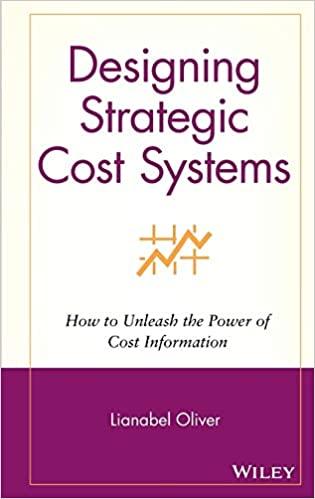Question
A Question of EthicsRulemaking. To ensure highway safety and protect driver health, Congress charged federal agencies with regulating the hours of service of commercial motor
A Question of EthicsRulemaking. To ensure highway safety and protect driver health, Congress charged federal agencies with regulating the hours of service of commercial motor vehicle operators. Between 1940 and 2003, the regulations that applied to long-haul truck drivers were mostly unchanged. In 2003, the Federal Motor Carrier Safety Administration (FMCSA) revised the regulations significantly, increasing the number of daily and weekly hours that drivers could work. The agency had not considered the impact of the changes on the health of the drivers, however, and the revisions were overturned. The FMCSA then issued a notice that it would reconsider the revisions and opened them up for public comment. The agency analyzed the costs to the industry and the crash risks due to driver fatigue under different options and concluded that the safety benefits of not increasing the hours were less than the economic costs. In 2005, the agency issued a rule that was nearly identical to the 2003 version. Public Citizen, Inc., and others, including the Owner-Operator Independent Drivers Association, asked a district court to review the 2005 rule as it applied to long-haul drivers. [Owner-Operator Independent Drivers Association, Inc. v. Federal Motor Carrier Safety Administration, 494 F.3d 188 (D.C.Cir. 2007)] (See The Administrative Process.)
1. The agencys cost-benefit analysis included new methods that were not disclosed to the public in time for comments. Was this unethical? Should the agency have disclosed the new methodology sooner? Why or why not?
2. The agency created a graph to show the risk of a crash as a function of the time a driver spent on the job. The graph plotted the first twelve hours of a day individually, but the rest of the time was depicted with an aggregate figure at the seventeenth hour. This made the risk at those hours appear to be lower. Is it unethical for an agency to manipulate data? Explain.
Step-by-step solution
There is no solution to this problem yet. Get help from a Chegg subject expert.
Step by Step Solution
There are 3 Steps involved in it
Step: 1

Get Instant Access to Expert-Tailored Solutions
See step-by-step solutions with expert insights and AI powered tools for academic success
Step: 2

Step: 3

Ace Your Homework with AI
Get the answers you need in no time with our AI-driven, step-by-step assistance
Get Started


